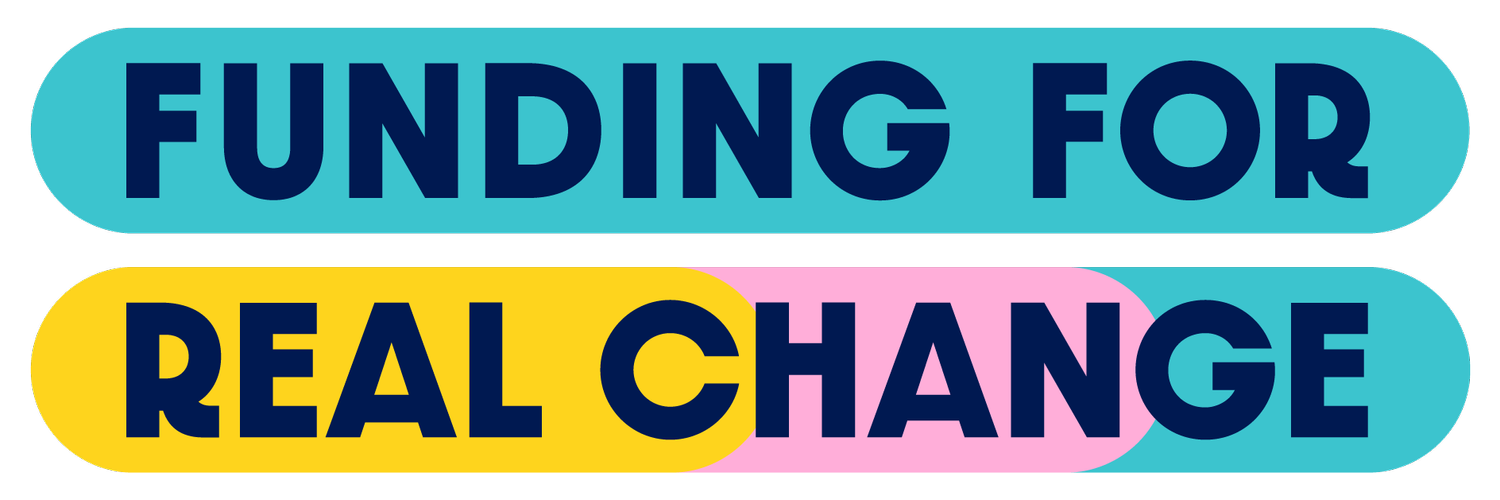Accountability Beliefs
Approaches to accountability that block trust-based funding include reporting requirements that prescribe impact measures vs. eliciting suggestions from grantees, and that structure grants around tight, programmatic goals to facilitate measuring them. Such grantmaking may yield a specific short-term result, unsustainable without the long-term flexible funding that supports and strengthens grantee core operations.
Data Highlight
Nonprofit leaders rated grantee accountability the number four barrier to more flexible funding (Accelerating Equitable Grantmaking Survey, MilwayPLUS, November 2021, n=30).
Additional Resources
Project Streamline: Drowning in Paperwork, Distracted from Purpose, collaborative report on how to make grantmaking processes more efficient for both funders and grantees
“Smart Money,” SSIR article by the Hewlett Foundation president about how to combine unrestricted grantmaking with accountable, strategic philanthropy
“10 things progressive funders must learn from conservative ones, or we are all screwed,” blog post by Vu Le of Nonprofit AF
“Building Equitable Evidence: It’s Time to Look to Participants as Experts in Their Own Experience,” Center for Effective Philanthropy article on making program participants full partners in evaluation
Getting Started:
-
Invite grantees to come share their work at board meetings, OR bring the board to their work in ways that don’t interfere with its implementation. Discuss the findings of Project Streamline in your next board meeting.
-
Change policies so that grantees can submit reports prepared for other foundations, or substitute phone calls for written reports. Embrace a common report shared with peer funders working on similar issues.
-
Work with peer funders supporting the same organizations to agree on a common, simple reporting format OR substitute phone calls / Zoom calls for written reports. Give grantees freedom to tell their highest-impact story, unfettered by prescribed questions and word counts.
-
Tell the longer story when reporting on a project (the broader goals, interventions, and impact) to inspire your funder to broader thinking and support.
